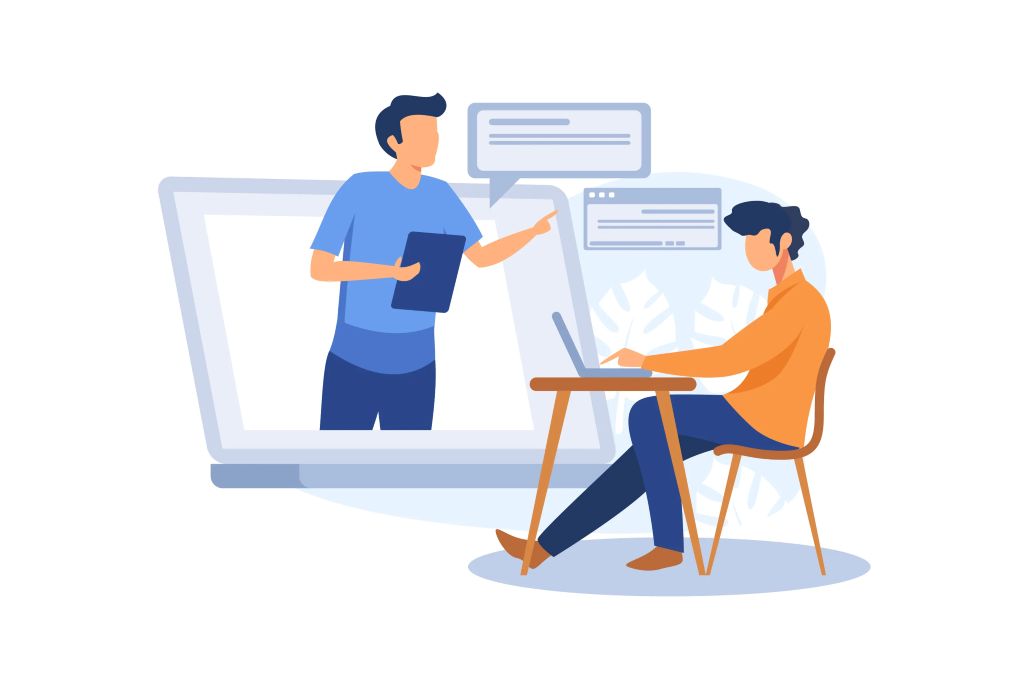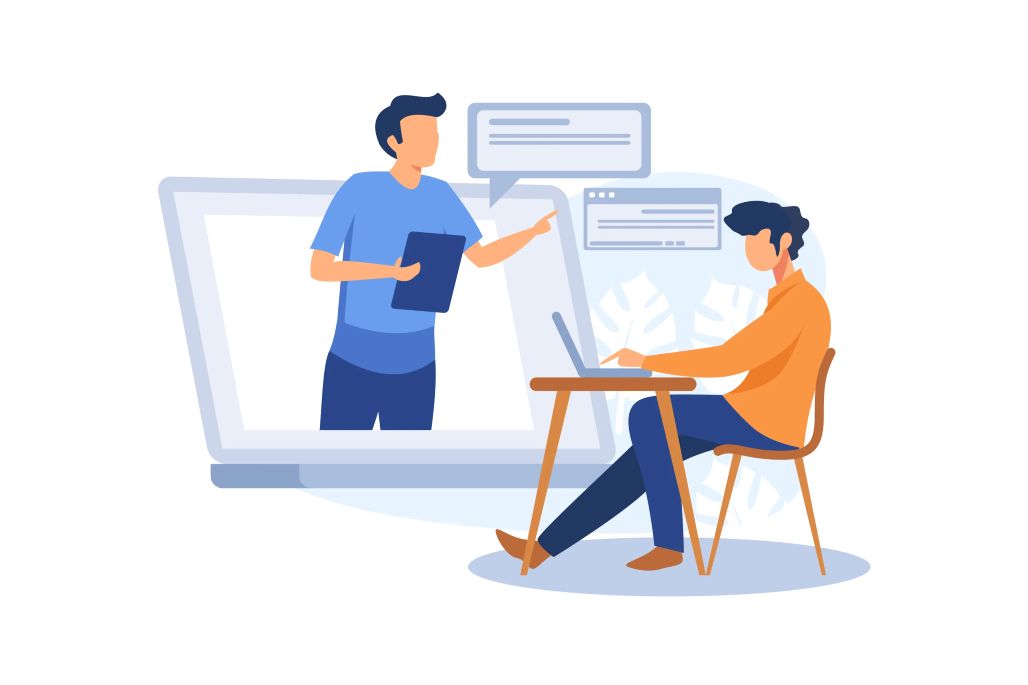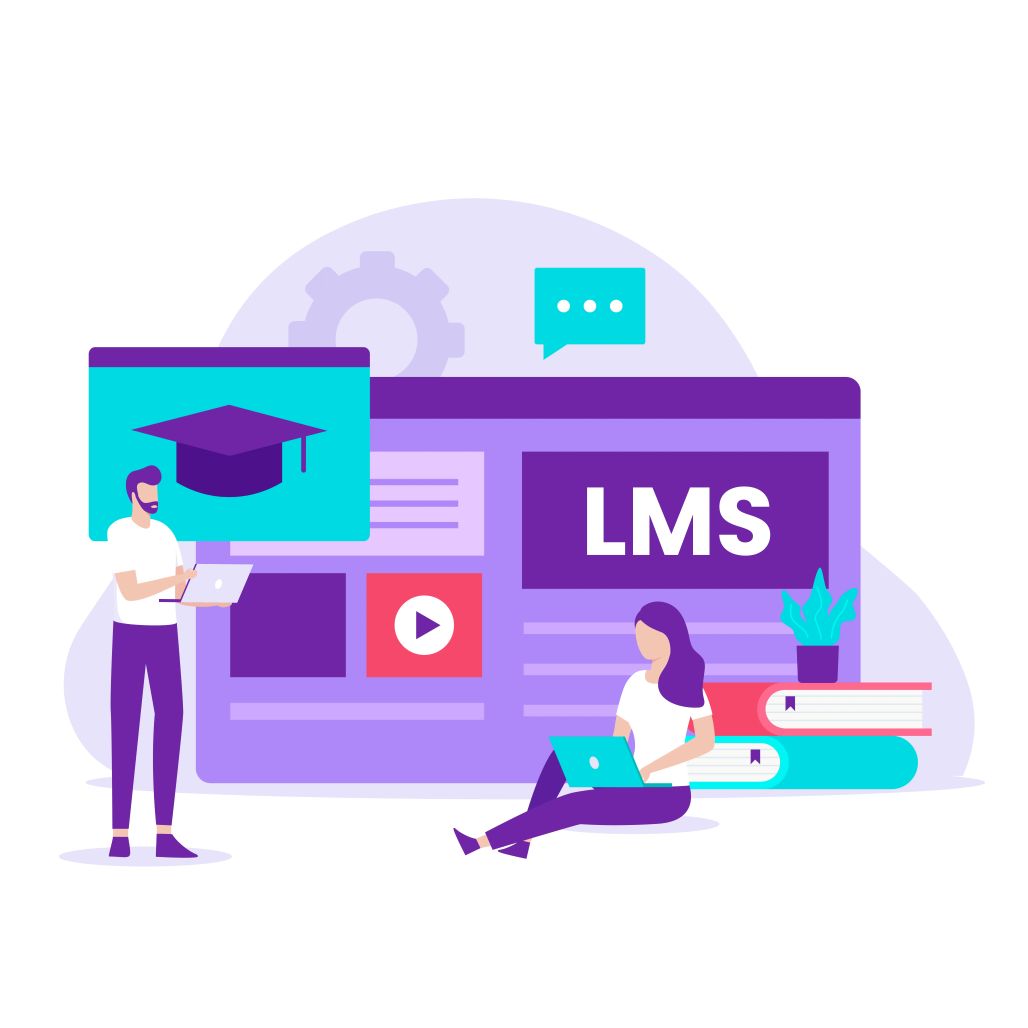In the fast-paced world of retail, every interaction between an employee and a customer can make or break the business. Success doesn’t just rely on products, pricing, or promotions—it depends on the skills and knowledge of your workforce. From front-line retail employees assisting customers to store managers overseeing operations, having the right capabilities is critical.
A structured LMS for retail training provides a consistent, measurable, and scalable approach to developing these skills. Employees can move seamlessly from onboarding to advanced upskilling, learning at their own pace while maintaining productivity on the floor. Modern platforms, such as Calibr Learn, support personalized learning paths, mobile access, and analytics to track progress, while tools like Calibr Craft and centralized content hubs ensure employees always have access to relevant resources for skills for jobs in retail.
Investing in an LMS not only strengthens your workforce but also ensures your retail store employees are prepared to deliver consistent customer experiences across every location.
Ready to transform your retail training with Calibr?
Visit our website or contact us today to learn how our LMS solutions can empower your workforce and drive business success.
Why Retail Needs a Specialized LMS

Retail is unique in that it combines high employee turnover, multi-location operations, constant product updates, and a highly competitive customer environment. A generic LMS may not meet these needs, leaving gaps in retail employee training and the development of essential retail skills.
A dedicated retail training platform addresses these challenges by:
Ensuring consistent training for all retail store employees, regardless of location.
Providing mobile learning that allows employees to complete modules anytime, fitting training into their work schedule.
Using analytics dashboards to monitor employee progress, completion rates, and skills acquired.
Offering personalized learning paths that match the needs of individual employees and skills for retail positions.
Platforms such as Calibr exemplify how a modern LMS can integrate these capabilities, supporting the development of skills for jobs in retail without disrupting store operations. By embedding training into daily routines, retailers can reduce onboarding time, improve employee engagement, and ensure consistent service quality.
Critical Retail Skills Every Employee Needs

Effective retail employee training begins with identifying the skills required for each role. Employees need different capabilities depending on their position—from front-line retail store employees to store managers. Modern LMS platforms like Calibr help organizations map skills to learning paths and ensure targeted development.
For Front-line Retail Employees
Customer service and communication: Strong communication and empathy are critical for all retail employees. Microlearning modules allow staff to quickly understand how to handle complaints, provide recommendations, and upsell effectively. Platforms like Calibr Learn make these lessons accessible on mobile devices, so employees can learn between shifts.
Product knowledge and sales techniques: Employees need to know the products they sell inside out. Tools like Calibr Craft help managers update content quickly whenever new products arrive or promotions change.
POS and store operations: Gamified exercises allow employees to practice store operations safely, including checkout procedures, returns, and customer interactions.
Problem-solving and adaptability: Scenario-based exercises teach employees to respond to unusual situations, such as stock shortages or difficult customers, enhancing their skills for retail positions.
For Retail Managers
Leadership and coaching: Managers need to motivate, mentor, and guide their teams. LMS platforms like Calibr with collaborative learning features allow managers to share knowledge and best practices across locations.
Inventory and analytics: Managers must understand stock management, product performance, and sales trends. Dashboards from platforms like Calibr enable data-driven decision-making.
Financial and strategic understanding: Store managers benefit from training modules that teach budgeting, P&L, and operational strategy, which are essential retail manager skills.
Digital literacy: Multi-language content ensures that managers in different regions can access the training they need, supporting consistent development across all retail store employees.
By focusing on these critical areas, companies ensure their workforce acquires the right skills for jobs in retail, improving performance, employee satisfaction, and career progression opportunities.
Training Types & Methodologies for Retail
Retail training requires flexibility and adaptability. Employees work shifts, stores operate around the clock, and new products or procedures appear frequently. A modern retail training platform should support multiple training methodologies to cover all these aspects.
Onboarding: New hires need quick access to information about company policies, safety standards, and customer service expectations. Platforms like Calibr Learn offer structured onboarding paths tailored to retail employee training.
Product and sales training: Content creation tools, such as Calibr Craft, allow rapid updates to training materials, ensuring employees stay informed about new products, promotions, and seasonal campaigns.
Microlearning: Breaking content into small, digestible modules lets retail store employees complete training without impacting day-to-day operations.
Scenario-based training: Interactive, gamified simulations allow employees to practice customer interactions safely. This develops problem-solving, upselling, and service recovery skills.
Continuous upskilling: Personalized learning paths help employees advance from entry-level roles to management positions, building the skills for retail positions required at each stage.
A report by Adobe shows that 92% of retail companies invest in continuous learning, and 87% use micro-training to improve retention (Adobe). Platforms like Calibr help organizations implement these modern training methodologies effectively.
Benefits of Retail Training with LMS

Investing in structured retail training delivers clear outcomes. A well-designed LMS not only equips employees with essential skills for jobs in retail but also drives performance, retention, and profitability.
Higher productivity and profitability: Organizations with formalized learning programs report 218% higher income per employee (Devlin Peck).
Lower turnover: Companies implementing effective LMS training see up to 40% reduction in employee turnover (TROC Global).
Stronger employee retention: 76% of employees are more likely to stay when offered continuous learning opportunities (Intellum).
Faster onboarding and consistency: Adoption of LMS platforms accelerates ramp-up time and ensures training consistency across stores (Adobe).
Modern LMS platforms, such as Calibr, provide analytics dashboards, assessment tools and certifications that allow organizations to track the ROI of training and the acquisition of essential skills for jobs in retail. This approach ensures retail store employees develop the skills they need while improving overall workforce performance.
Building a Retail LMS Training Strategy
Developing a comprehensive training strategy requires mapping skills to roles, creating structured learning paths, and leveraging technology to monitor progress. A modern LMS like Calibr can help implement this effectively.
Define roles & skills: Identify the essential skills for jobs in retail for each role, from cashier to store manager.
Onboard efficiently: Provide structured orientation via platforms like Calibr Learn, ensuring new hires gain essential retail skills from day one.
Core skill development: Deliver sales, product knowledge, and customer service modules using tools like Calibr Craft. Gamification and microlearning increase engagement.
Manager development: Personalized paths support leadership, analytics, and operational skills required for retail manager skills.
Upskilling & career growth: Enable employees to pursue elective modules or advanced courses, fostering motivation and retention.
Measure effectiveness: Use analytics dashboards to track progress, engagement, and business impact of retail employee training.
Encourage continuous engagement: Gamified challenges, leaderboards, and badges maintain participation across all retail store employees.
A structured approach ensures that employees at all levels acquire the skills for retail positions required to drive both personal and business success.
Key Capabilities of an Effective Retail LMS

Selecting the right retail LMS software involves prioritizing features that enhance learning outcomes.
Core capabilities include:
Personalized learning paths tailored to roles and career progression.
AI-powered course creation for faster, smarter content development.
Mobile and offline access so associates can learn anytime, anywhere.
Microlearning with gamification to boost engagement and retention.
Real-time analytics for tracking progress and measuring impact.
Enterprise-ready features like multi-language support, SCORM compliance, and SSO integration for seamless adoption across multiple locations.
Platforms like Calibr exemplify these capabilities, demonstrating how modern LMS solutions enable employees to gain the skills for jobs in retail and develop essential retail skills efficiently.
From personalized learning paths to AI-powered course creation, mobile & offline access, microlearning with gamification, and real-time analytics and with added strengths like multi-language support, SCORM compliance, and SSO integration, retail businesses can scale training effortlessly while ensuring consistency across locations.
Case Example: From Onboarding to Upskilling
A large retail chain using a modern LMS illustrates the process:
New hires complete structured onboarding covering policies, safety, and customer service via a platform like Calibr Learn.
Sales associates engage in product knowledge and sales skills modules, accessible on mobile during shifts.
Managers follow personalized learning paths focusing on leadership, analytics, and operational excellence.
Real-time dashboards track completion and skill acquisition, while assessment modules validate performance.
Gamification and interactive challenges maintain engagement across all retail store employees.
This example demonstrates how a modern LMS supports development from entry-level onboarding to advanced management training, ensuring all employees acquire the skills for retail positions needed to succeed.
Conclusion: Future-Proofing Retail Training
Retail is dynamic, and employees must constantly update their skills. A modern LMS for retail training ensures consistent, structured, and measurable development of retail skills and skills for retail positions.
By using platforms such as Calibr as examples of modern LMS technology, businesses can support onboarding, continuous upskilling, and leadership development. Empowering retail store employees and managers with the right capabilities improves engagement, reduces turnover, and enhances customer experience. Training becomes not just a requirement but a strategic investment in the workforce and the business.
Get Started with Calibr Today:


